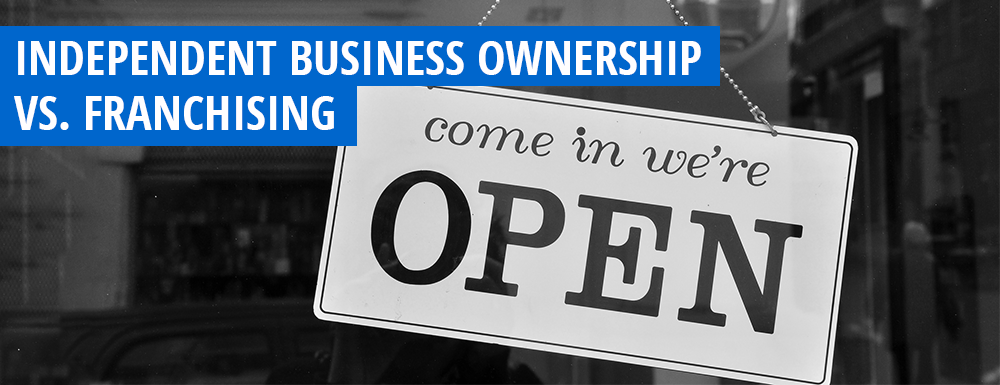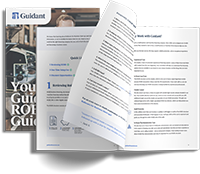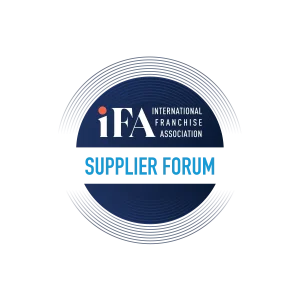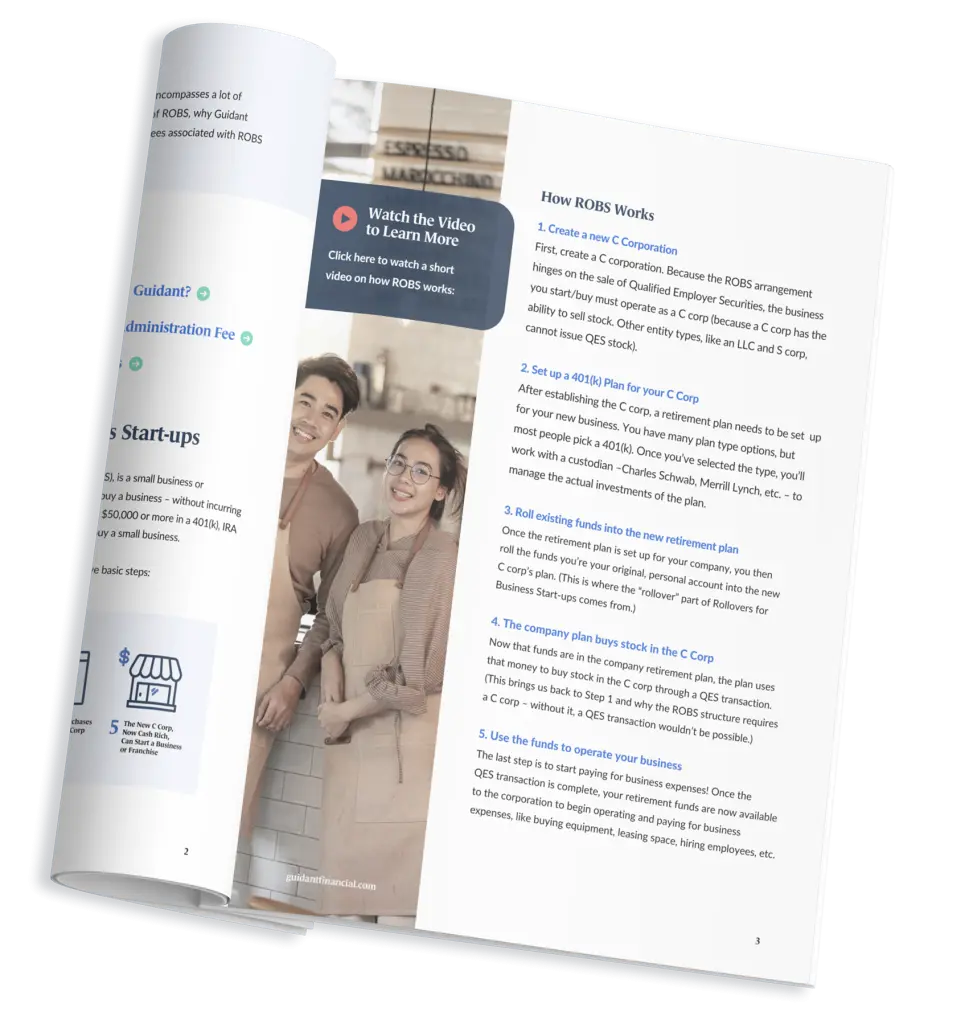If you’re considering start a business, you may be wondering whether it’s better to launch an independent business or to open a franchise. Both can lead to exciting and successful business ownership. Fifty-five percent of respondents to Small Business Trends: 2020 gave “ready to be their own boss” as the reasons they started their own business. If that describes you, either an independent business or a franchise can fit the bill.
The Pros and Cons of Independent Small Business Ownership vs Franchising
There are important differences between independent ownership and becoming a franchisee. The choice has different implications for your overall independence, personal autonomy, support for the business, chances of success and the time and energy it takes to develop your business, as well as financial requirements and financing options.
Here’s an overview of how the choice between independent ownership and franchising affect these areas.
Following Your Passion
While readiness to be your own boss spurs many folks to take the plunge into small business ownership, 39 percent give pursuing their own passions as the primary motivation, according to Small Business Trends: 2020.
If your chief reason is following your own passion, think long and hard about the choice between independent ownership and franchising. If you want to fully develop and market an innovative product, for example, independent ownership may be the better choice. In fact, if you have a truly new idea, whether it’s a distinctive craft beer or a new cleaning method, an independent structure is likely the only way to achieve it.
The opportunities to innovate in a franchise will be limited. Franchises are exacting about their products; you will have to produce and sell any goods and services offered by a franchise in conformance with the franchise’s rules and regulations.
On the other hand, if your passion is providing an existing product or service to your community, and it’s offered by a franchise, you can definitely fulfill your goals with a franchise.
Personal Autonomy
The desire to be one’s one boss covers a multitude of desires, and one is plain old personal autonomy. You may want to be the one calling the shots in every area, from which type of computer to buy to when the office opens in the morning. You may also want to work personal or family time into your work day, especially if you are raising a family.
True personal autonomy may be more achievable if you run an independent business. Franchises, again, will control many elements in the business, from the hours of operation to equipment and ingredients used. They will define what your marketing materials look like and how your employees are trained.
While your personal autonomy in a franchise may be greater than that of corporate employees who are not owners, it will be limited.
Support for Business Success
All fledging business need support, ranging from advice and mentorship to knowledge of best practices and examples of strong business plans.
Franchises provide robust business support in all these areas. They are highly invested in your success, because it’s good business sense for the home office. They also know what new franchisees need to do to achieve success with a tried-and-true formula. They will provide everything from profit and loss goals to marketing schedules.
In an independent structure, on the other hand, you will be responsible for developing and maintaining your success. If you feel you can do this (or already have it), your choice of independent versus franchising may lean toward independent ownership. But if you’d rather have steady support you don’t have to drum up on your own, a franchise is likely the better choice.
Small Business and Franchise Success Rates
As many people know, small businesses are subject to relatively high rates of failure. Although 80 percent make it through the first year, roughly 50 percent fail by the fifth year.
There is some evidence that franchises have a better chance of success, because franchises definitely support their businesses to succeed. They have a proven blueprint. All a franchisee has to do is replicate the formula for success.
But many observers think that the independent ownership-versus-franchise question doesn’t have as much influence on long-term success as the business sector in which the company operates, the product and the overall business climate. Therefore, your likelihood of success depends as much on these factors as on your choice. Ultimately, opening either sort of business should be preceded by digging into these factors to assess your likelihood of success.
Development Requirements
Rolling out an independent business takes time and effort. You will need to ensure your product or service’s availability and ensure that there is a place to produce it. You will have to draw up a business plan, a mission statement, short- and long-term goals and multiyear financial projections. You will have to project profits and expenses. You may have to make decisions about your corporate structure.
If these tasks excite you, great! An independent business is a good choice.
But if the time and effort seem daunting or time-consuming, a franchise may be the better choice. Most of the development is already done. Franchises are turn-key businesses. Once you have completed the paperwork and financial requirements, decisions on many factors are made by the home office.
Financial Requirements
Starting a business always takes money, but the amount of money can vary tremendously.
Individual businesses can roll out for $10,000 or even less, depending upon the product or service and its requirements. But the costs of start a successful franchise can total $1 million or more.
Why? Franchises want to make sure their franchisees can run the business successfully. To that end, you may be required to rent or purchase prime real estate locations to ensure visibility and or to keep specified amounts of product on hand. Frankly, some successful franchises want folks with deep pockets. Businesses sometimes require cash infusions or unexpected expenses. Franchise home offices want their franchisees to be able to meet potential bumps without challenges.
That said, the specific costs of individual businesses and franchises both vary a great deal, depending upon the sector and business. Some individual start-ups require a large investment, and some franchises can be relatively inexpensive.
As a result, it’s a good idea to crunch the estimated individual cost of the business you’re planning versus franchises in the same sector and area. That will give you the best comparison and enable you to make an informed decision about financial requirements.
Financing
One of the most common business challenges owners encounter is lack of sufficient capital and cash flow. In fact, it’s named as the top challenge for small business owners in Small Business Trends: 2020.
The most common source of funding is cash, used by 37 percent of respondents. Purchasing a business or a franchise can take considerable amounts of cash, though. Many financial providers require from 20 percent to 30 percent down to approve a loan, for example.
As a result, potential business owners need to assess both their savings for a business and potential funding sources, whether they choose independence or a franchise. Business loans can be difficult to get, especially if you don’t have the cash for the down payment. A loan also results in monthly payments, which can sap the cash flow needed for a business.
The second-most popular funding method, Rollovers for Business Start-ups (ROBS), is utilized by 13 percent of business owners. It harnesses retirement accounts such as 401(k)s and Individual Retirement Accounts (IRAs) as a financing source. ROBS can eliminate the debt service loads that can impede profitability.
Consider all these factors and their importance to you while considering whether to launch an independent business or purchase a franchise.
Guidant is Here to Help
The choice between starting an independent business and starting a franchise can be complicated. We’re here to help you figure out your best method to small business or franchise ownership. Contact us online or call us at 888-472-4455 to talk with one of our expert small business consultants today.


















